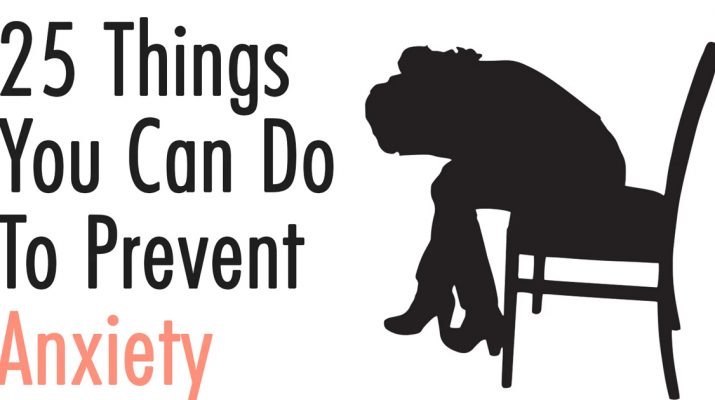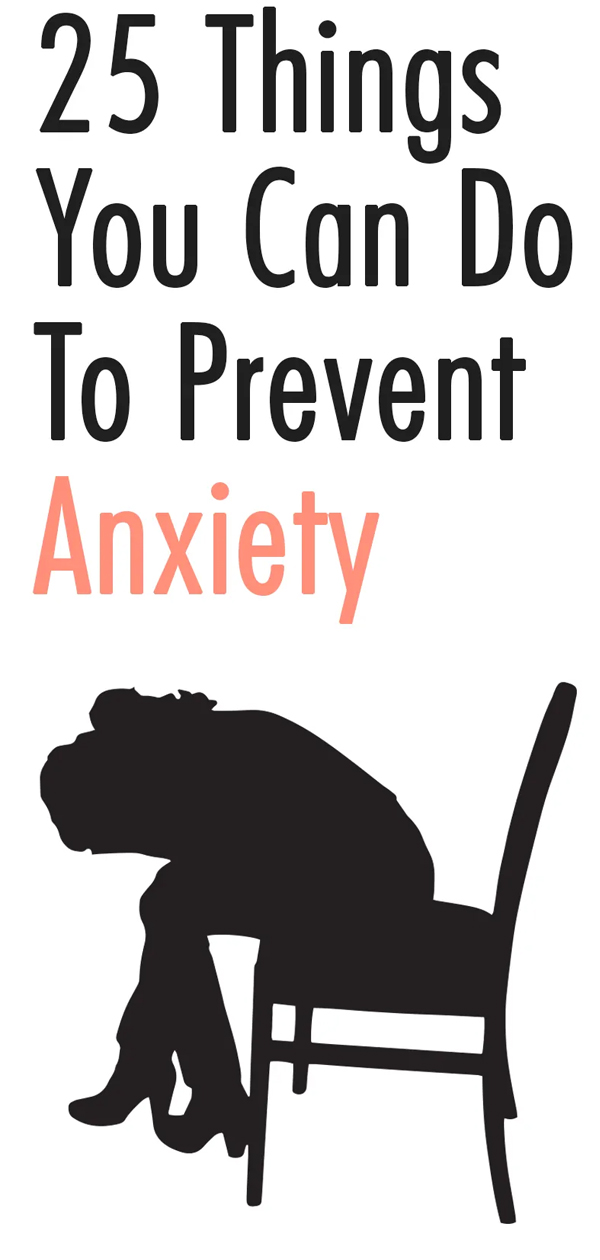Over the past eight years, Google searches that include anxiety have more than doubled. That’s right … doubled. In just eight years. This astounding fact begs the question: “What in tarnation is going on?” (Shout out to Yosemite Sam.)
We are hardwired for anxiety. While we’ve been around a shade over 200,000 years, our DNA hasn’t really changed that much. What does this mean for how we think? Well, mainly that we continue to operate out of the reptilian brain. And when the part of the brain responsible for impulsive behavior is at the helm, things can go wrong.
Enter anxiety disorders, the most common mental health condition in the world. In the United States alone, nearly 50 million people suffer from an anxiety-related condition (around 20 percent of the population). And that’s just those people who have been diagnosed.
Panic Disorder
The American Psychological Association (APA) estimates that as many as one in 75 people will develop the psychiatric condition known as panic disorder. Symptoms of this condition include:
- rapid heartbeat (palpitations)
- lightheadedness
- vertigo and dizziness
- sweating and trembling
- feeling as if you’re going mad
- feelings of asphyxiation
The Current State Of Treatment
It seems as if every mental health condition is treated the same way; once the disorder is diagnosed (often, incorrectly), the doctor whips out a prescription pad. The patient is then given a steady diet of prescription medication to take for some indefinite period. Is this the most effective method of anxiety management?
It can’t be, because medications for mental health disorders merely mask the associated symptoms. That is, they do not treat the underlying cause. In fact, prescription medications for nearly every health problem work the same way.
This is not to say that there’s no place for pharmaceutical drugs, some of which are capable of greatly enhancing quality of life, perhaps even saving it. Some are also capable of destroying life, as the opiate epidemic facing the United States shows every day.
One particularly dangerous type of medication that is commonly prescribed for anxiety are benzodiazepines, or “benzos.” Benzos manipulate the neurotransmitters responsible for cognition, consciousness, coordination, and memory. Xanax and Valium are two popular forms of this class of drugs.
Prevention And Coping Techniques For Anxiety Management
There are many prevention and coping methods that may counteract the panicky feelings associated with anxiety. They may also prove useful in curbing the frequency and severity of panic attacks. The best part is that you don’t need a prescription.
Without further ado, here are 25 anxiety management tricks that help to prevent panic attacks:
1. Get Some Exercise.
Aim for at least 20-30 minutes per day.
2. Do Ahead To Toe “Scan.”
Notice the areas that are tense, and then simply relax them.
3. Do Not Run Away.
This is something with which many people have trouble. By staying in the moment, and facing your anxiety, you weaken the fear association.
4. Deep Breathe.
You may effectively circumvent hyperventilation by holding your breath while counting to ten a few times.
5. Accept The Panic.
Fighting feelings of panic is a surefire way to worsen the symptoms, so allow them to come and go.
6. Stay In Place.
Forgo the impulse to get up and walk or run. If you are moving around rapidly, the symptoms of panic disorder can exacerbate.
7. Sing A Song.
Music is darn near a cure-all. While this may sound nuts, belt out some lyrics.
8. Reassure Yourself.
Remind yourself that panic is harmless and that it will pass.
9. Do Some Exercise.
Okay, so you could do the complete opposite of staying still by engaging in some sweat-inducing exercise. Your symptoms may quickly vanish!
10. Count Backward By Threes.
Make this one challenging by counting backward from 200.
11. Talk To Someone.
If you have a trusted friend or family member that you can talk to, do it!
12. Force A Chuckle.
Manufactured laughter shows to have many of the same brain effects as the real thing.
13. Practice Visualization.
Being able to visualize yourself in a different situation is a powerful antidote to anxiety.
14. Close Your Eyes.
When in an excited state, the brain is continuously processing internal and external stimuli. Closing your eyes reduces information overload. As such, it may calm you right down.
15. Recite A Mantra.
If you have a quote or something that is meaningful to you, now is the time to recite it.
16. Take A Cold Shower.
Many victims of panic attack swear by cold showers, as they can be a powerful antidote.
17. Force A Smile.
As with laughing, the brain has a hard time distinguishing between a real and manufactured smile, which makes it an effective method for anxiety management.
18. Practice “Box Breathing.”
Box breathing is a 4-step process that involves inhaling to a count of 4, holding to a count of four, exhaling to a count of four, and holding again to a count of four.
19. Try Meditation.
Many experts find that meditation can create lasting changes in brain structure. One area that is positively affected is the amygdala, which is responsible for feelings of anxiety and panic.
20. Yell At Yourself.
Seriously. Try yelling “Stop!” in the midst of a panic attack, which may shock the nervous system into submission.
21. Narrow Your Focus.
Panicky feelings make it extremely difficult to concentrate, which is exactly why you should try. Mindfully direct all of your focused attention onto a nearby object, noticing its color, texture, shape, etc.
22. Sniff Some Lavender.
Breathing in some lavender is shown to relax the brain. Keep some on hand!
23. Watch Something Funny.
When you feel anxiety creeping up, watch a ridiculous YouTube clip (of which there are plenty!).
24. Write In A Journal.
Many of us keep our thoughts suppressed, or worse yet, dwell on them. When it comes to anxiety management versus panic attacks, this is not a good thing. Practice writing down what you’re feeling, doing, thinking, and so forth. Journaling is shown in many studies to improve mental health.
25. Keep A Ritual.
When you find one or more of things that helps quell anxiety and panic, make it a routine. If you know that you know what to do when and if panic strikes, this may go a long way in preventing it.


